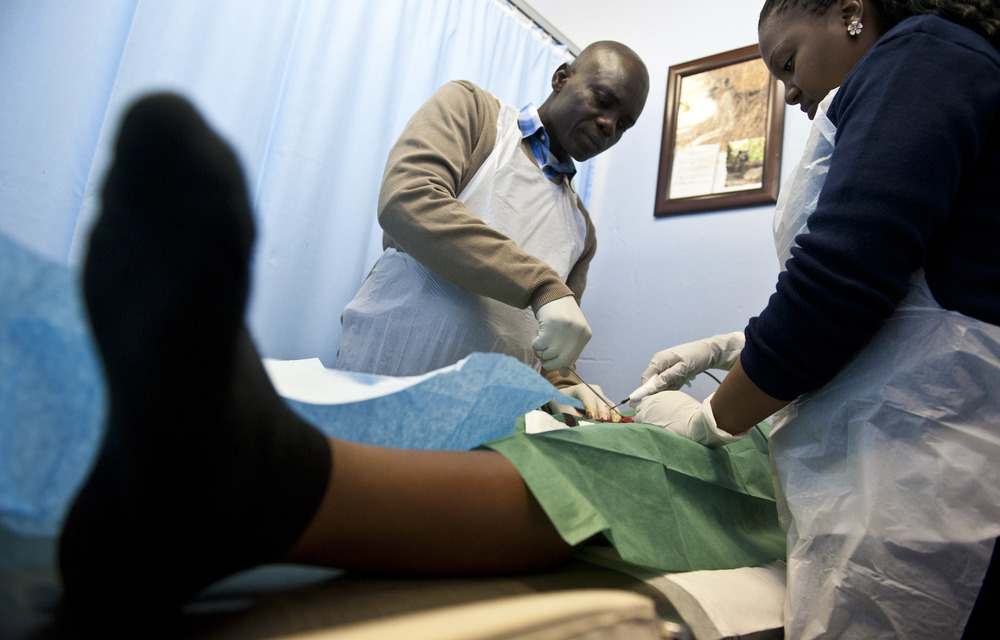Circumcision Melbourne is the most common cosmetic surgery performed on men. It is an extremely invasive procedure. There is very little information about it, including the potential side effects and medical literature. Unfortunately, many men do not know the risks involved and choose to have this surgery without planning. Those who have been victims of OCI know that a poor decision regarding this surgery can lead to much more than pain and embarrassment.
First, adult circumcision is a major reconstructive process that removes excess skin from the shaft of your penis. People who don’t have a fully developed natural penis may feel self-conscious as they worry about their partners. Some men have lost their sensation altogether from having had the procedure done and thus find it hard to even initiate sex. Some people experience decreased sexual performance and less satisfaction with their partner as a result. These psychological effects can lead to problems during the actual operation.
Adult circumcision is a common procedure for men who are unhappy with their hygiene. They might be worried about getting an infection while they wait for the stitches to dry. Others may want to do away with the foreskin for cosmetic or religious reasons, or for health reasons. No matter what the motivation, the procedure is relatively simple, although potentially quite complicated.

Adult circumcision is only allowed if there is a medical reason.
Since HIV causes AIDs, or acquired immune deficiency syndrome, adult foreskin amputation is recommended for people who do not know they are infected with HIV. However, infants are generally not prevented from having the procedure, so doctors must determine if a newborn should undergo the procedure, based on the age and health of the child.
According to the World Health Organization, more than two million men in America have their penis exposed annually to HIV. This makes it a serious public health concern. Some religious groups recommend adult circumcision to prevent babies from contracting HIV and other viruses. These groups claim that circumcised baby boys have a lower chance of contracting HIV than those who don’t. This sounds plausible, but there is no evidence that adult male circumcision stops HIV acquisition.
Adult circumcision is often performed because of dissatisfaction with their penis or the length. This can be fixed in some cases, such as when the man has a longer or newer foreskin. Sometimes, however, the damage can’t be repaired, such as when the foreskin isn’t normal or if the corneal infection is severe. For these patients, a Dr. bidair procedure may provide a way to correct the issue.
Dr. Michael O’Rourke (an obstetrician/reproductive specialist at St. Luke’s retriever hospital in New York City) says that Dr. bidders (or “hand surgeries”) are relatively straightforward procedures for adult men. He chairs the board of the American Society of Plastic Surgeons and says that most of his patients who have elective hand surgery do not have problems. He also notes that Dr. O’Rourke recommends waiting six weeks for the procedure to take effect.
Dr. Andrew Weil is the director of New York State Department of Health.
He says, “The decision whether or not to have an adult circumcision should always be made after careful consideration.” He warns that not all health insurance plans cover the procedure. In some cases, however, it may be necessary to pay out of pocket for the surgery. He suggests that you check with your insurance company to see if they offer a payment plan that allows for you to make regular payments. According to an information representative from your plan, many health insurance plans will cover elective services such as ear waxing or cleaning. If your health insurance doesn’t cover the procedure, he suggests contacting your local Medicare office to find out what procedure is covered.
